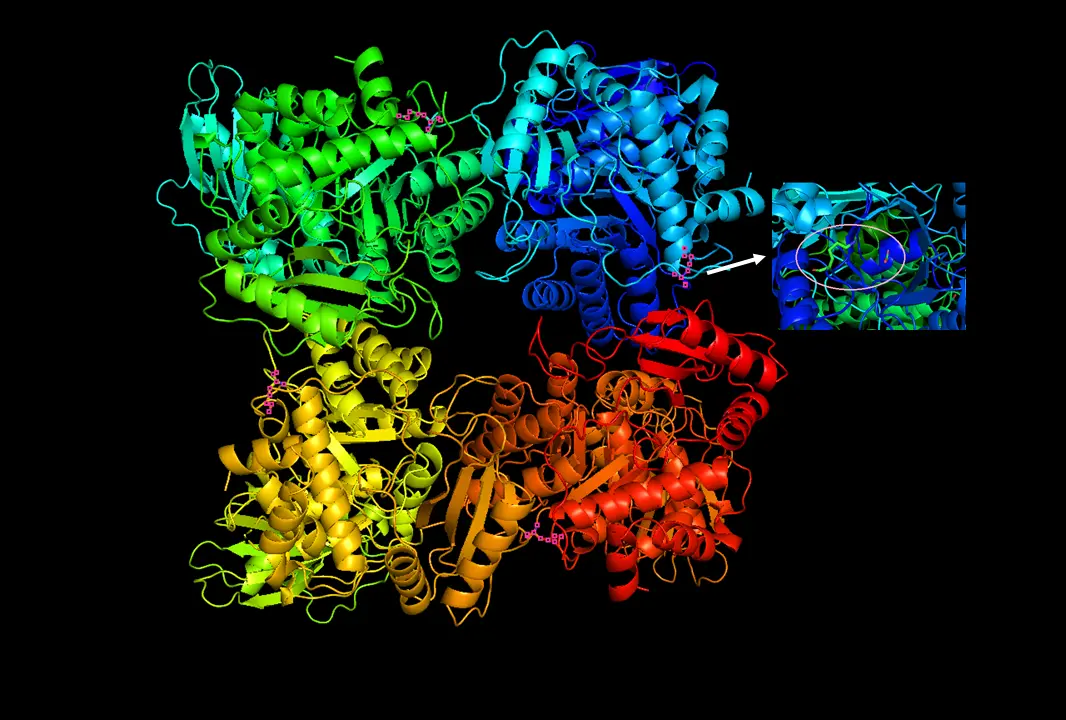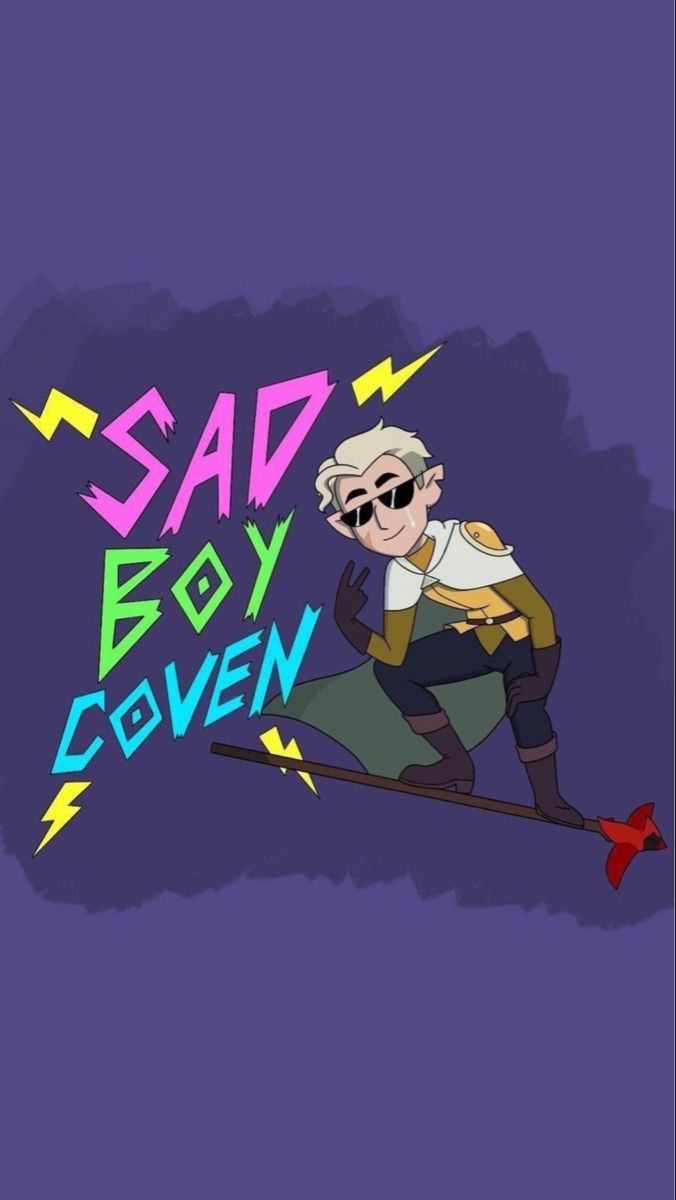rocks shaped like faces
Do you dare deny it?
I did have a pet rock as a kid, and I liked it more than normal rocks.
Viruses don’t singlehandedly consume matter and produce byproducts so they are not alive
The rare xkcd I find charming and relatable rather than charming and arcane.
They may not be alive but prions scare the ever living fuck out of me.
🚨 Viral meme detected
The replicators are real. I still think the version from Stargate SG-1 are the scariest though.
I found this to be interesting. The word (and concept) of a virus predates its actual discovery by over 500 years.
The English word “virus” comes from the Latin vīrus, which refers to poison and other noxious liquids. Vīrus comes from the same Indo-European root as Sanskrit viṣa, Avestan vīša, and Ancient Greek ἰός (iós), which all mean “poison”. The first attested use of “virus” in English appeared in 1398 in John Trevisa’s translation of Bartholomeus Anglicus’s De Proprietatibus Rerum. Virulent, from Latin virulentus (‘poisonous’), dates to c. 1400. A meaning of ‘agent that causes infectious disease’ is first recorded in 1728, long before the discovery of viruses by Dmitri Ivanovsky in 1892.
I knew iOS was poison
It passed through the bacteria filters! So small that it passes by the filters and it kills–poison, toxin. But wait, it can be diluted to lowest effective concentration, and then with addition of host it grows back to high concentration. What poison does that?
Ok protein spooder
Isn’t metabolism one definition of life? If so, they’re not alive.
You commented twice
Weird, i didn’t even got a server timeout, which is usualy the cause.
Viruses are Schroedinger’s cat confirmed
Oh great virus! What is your wisdom?
R E P R O D U C E
Nice, thanks
While technically phages are viruses, i think it is important to label them as phages.
Typically a virus does not look like a robot. The by now rather well known SARS-CoV-2, with its spherical shape is a more common depiction of a virus: https://en.m.wikipedia.org/wiki/Virus
Bacteriophage look like little robots and from the view of a bacterium - they probably are the equivalent of a terminator: https://en.m.wikipedia.org/wiki/Bacteriophage
Schrodinger’s biology?
Weaponized information.
fungi are extra alive somehow
deleted by creator
Okay, this got me curious. From the wikipedia article on viruses:
Viruses are considered by some biologists to be a life form, because they carry genetic material, reproduce, and evolve through natural selection, although they lack the key characteristics, such as cell structure, that are generally considered necessary criteria for defining life. Because they possess some but not all such qualities, viruses have been described as “organisms at the edge of life” and as replicators.
Worth mentioning: life is a construct created by humans. We decide if it’s alive, just like we decided if anything else was alive. There’s no definite answer that science can provide on this topic. It can only provide humanity with more facts with which we can contrive a distinction.
We’ve given life a set of repeatable rules that create a definition. Viruses don’t meet the rules.
Theoretical biologist here. I consider viruses to define the lower edge of what I’d consider “alive.” I similarly consider prions to be “not alive,” but to define a position towards the upper limit of complex, self-reproducing chemistry. There’s some research going on here to better understand how replication reactions (maybe encased in a lipid bubble to keep the reaction free from the environment) may lead to increasing complexity and proto-cells. That’s not what prions are, but the idea is that a property like replication is necessary but not sufficient and to build from what we know regarding the environment and possible chemicals.
I consider a virus to be alive because they rise to the level of complexity and adaptive dynamics I feel should be associated with living systems. I’ll paint with a broad brush here, but they have genes, a division between genotype and phenotype, the populations evolve as part of an ecosystem with all of the associated dynamics of adaptation and speciation, and they have relatively complex structures consisting of multiple distinct elements. “Alive,” to me, shouldn’t be approached as a binary concept - I’m not sure what it conceptually adds to the discussion. Instead, I think it should be approached as a gradient of properties any one of which may be more or less present. I feel the same about intelligence, theory of mind, and animal communication.
The thing to remember when thinking about questions like this is that when science (or history or literature…) is taught as a beginner’s subject (primary and secondary school), it’s often approached in a highly simplified manner - simplified to the point of inaccuracy sometimes. Many instructors will take the approach of having students memorize lists for regurgitation on exams - the seven properties of life, a gene is a length of dna that encodes for a protein, the definition of a species, and so on. I don’t really like that approach, and to be honest I was never any good at it myself.
They’re not compromised of cells, can’t self regulate, and can’t replicate on their own and other organisms have to do that for them. The last point being important to our criteria for living. I was never taught as a biologist by anyone that they were alive
deleted by creator
I’m just a quirky little lad.









